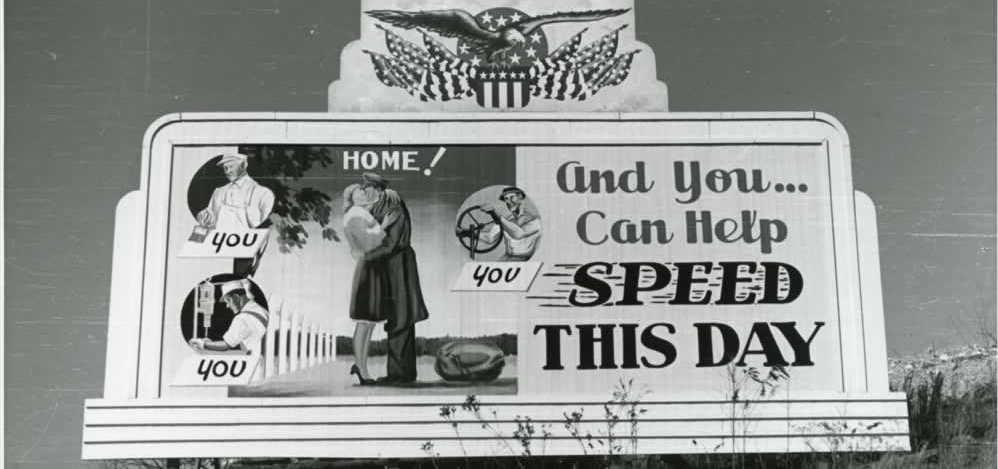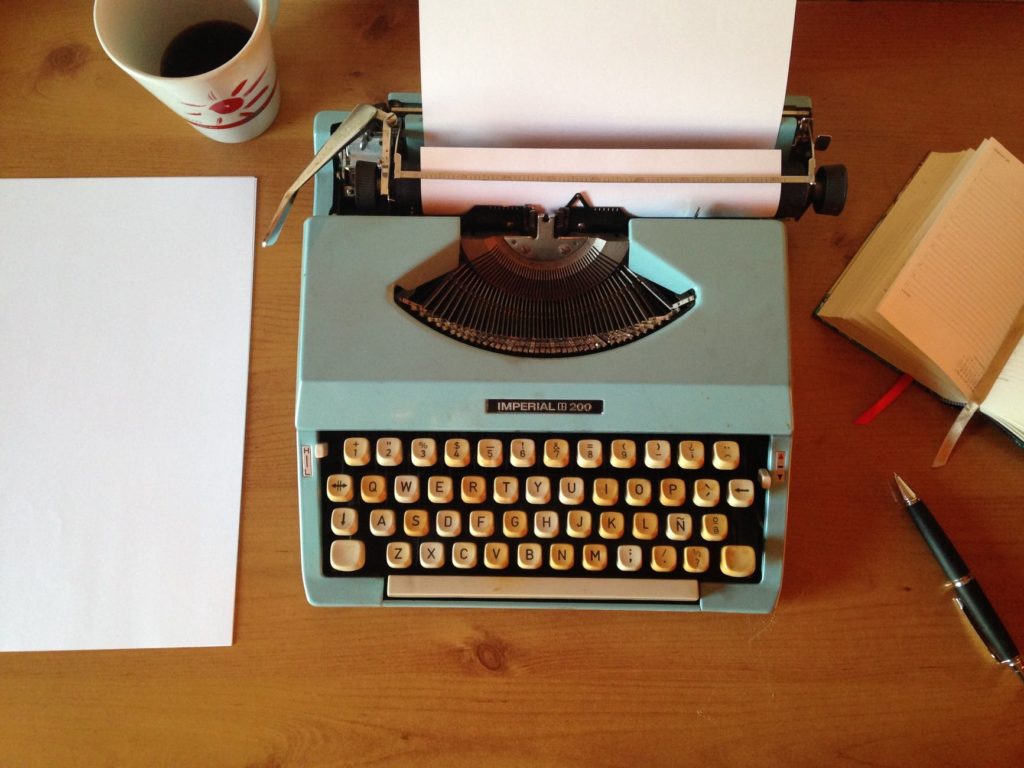I grew up with the A-Bomb. I knew that my mom and dad met during the war, working on the Manhattan Project in Oak Ridge, TN. This seemed somehow normal in our house. When I asked my dad what he did at work, he said he split atoms with a butter knife. It took me a while to start asking more complicated questions.
I was at Goddard College (School of the Radical Arts, as we called it back then) in a late night discussion on the ethics of war – or whether an ethical war was even possible. Then the subject of the Atomic Bomb came up.
I was the youngest one in the room, by far. I’d graduated high school in December, and then, thanks to the amazing experimental artists who taught us, my world was seriously rocked when I attended Goddard’s summer arts program. So I decided to enroll in their “Program in Integral Education” (PIE) to get me some more of that.
The PIE B.A. was a very early form of what are now known as “low residency” degrees: we all attended a summer program on campus in Vermont, and then came together in regional monthly meetings during the school year to share our papers and ongoing projects. PIE mostly drew adults who hadn’t finished college – people who couldn’t give up their work and family life to go back to school full time.
So this room full of grown-ups and I were talking about war, ethics and the potential nuclear holocaust of the Cold War. Many in the room had been heavily involved in the anti-war and civil rights movements of the 50s, 60s and early 70s, whereas I had only attended a couple of marches in DC at the tag end of that era, chaperoned by my older brothers. I suddenly realized that I did not want these particular folk to know that my parents had worked on the Manhattan Project – especially that my dad had known exactly what they were building.
When I asked my dad what he did at work, he said he smashed atoms with a butter knife. It took me a while to start asking more complicated questions.
As a kid, I hadn’t felt the need to be secretive about this. I’d grown up with the idea that the Atomic Bomb had shortened the war and even saved Japanese lives as well as American ones. My parents agreed with Henry Stimson, Truman’s Secretary of War, who said “…this deliberate, premeditated destruction was our least abhorrent choice.” I don’t remember even hearing about Nagasaki.
Mom distanced herself from the results of the Project, saying that she only knew that they were all working to end the war, and that she was “just an executive secretary.” I did notice that she always put that “executive” in there, which made me wonder if she’d ever seen anything in the letters she was typing. When I asked her if she’d ever guessed at what they were doing, she said that guessing could lose you your job, or worse. When I asked how she felt about having contributed to the creation of the atomic bomb, her responses tended to be in almost exactly the same words and phrases that dad used.
Dad was a profoundly optimistic person, and a brilliant engineer not constitutionally prone to introspection. After the war, he’d supported the development of a World Government (later, the United Nations) to put the bomb in the hands of an international council so that this dangerous knowledge wouldn’t belong to any one nation – and he’d been involved in the Atoms for Peace movement. He felt, as did many others, that our detonation of the Bombs in Japan could and should deter any future use of it.
After the war, he worked on the development of the first atomic reactors as Admiral Rickover’s Technical Director in the Nuclear Navy. He saw the powering of submarines, those deadly instruments of war, as the best way to be at the cutting edge of nuclear technology, with the goal of creating an Atomic Age of Peace and Prosperity. He’d also believed that Free, Safe Nuclear Power for Everyone was a very real possibility and could bring energy and security to the whole world; that there would eventually be a balance of good that would come from this terrible event.
His lifelong commitment to the peaceful uses of radiation and nuclear power now strikes me as a kind of atonement for the Bomb. But I never heard him express even minimal regret for being a part of the Manhattan Project, nor his work on the Navy’s attack submarines. As a 21 year-old kid on an elite team of engineers working on process improvements in plutonium refinement, he often said that being a part of the Manhattan Project had been one of the most exciting adventures of his life. And as an idealistic engineer, he believed that technology – and the secrets of the atom, in particular – would eventually save humanity.
But in 1976, I was beginning to question his boundless faith in technology, and these passionate people discussing the ethics of the Bomb were a revelation. I realized that I had avoided looking into the details of how the government made the decision to drop the bomb on Hiroshima – and then, unbelievably, on Nagasaki, just three days later.
As a child, I heard about the horrors perpetrated by Japan and Germany during WWII. In the 70s, just as so many of us saw American soldiers as culprits in the Viet Nam war, I thought of everyone who worked on the Bomb as guilty of even greater evil. Decades later, I’m not looking for villains. There is always enough blame to go around in war. But I am looking for deeper understanding, especially as current events show a world rife with rash decisions and selective compassion.
As I research and write this play with songs about the Atomic Bomb, I’m looking for the strange web of connection and disconnection between love of science and love of country; desire for community and fear of the Other; dreams of the future and nostalgia for the past; our longing to understand and our clinging to belief.

